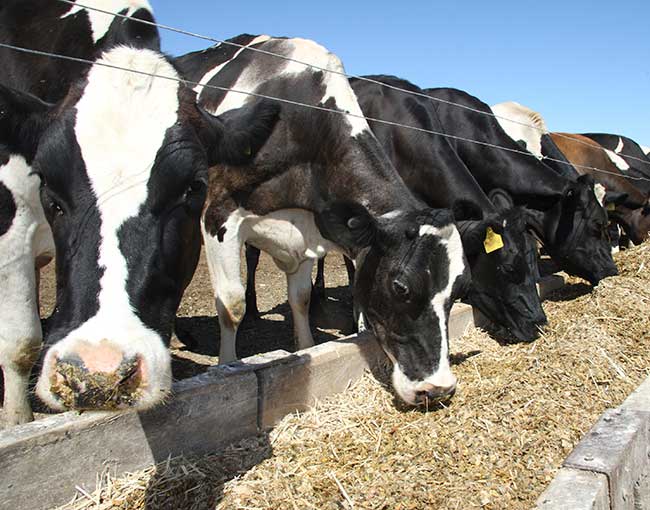Thompson Coburn recently sponsored the 37th annual 2016 American Agricultural Law Association (AALA) Symposium in Oklahoma City. I had the honor to help plan the event, speak on food labeling issues, and moderate a panel on GMO liability featuring Thompson Coburn partner and co-chair of the firm’s Agriculture industry group, Chris Hohn.
The symposium covered a wide range of legal topics (including ag finance and collateral, veterinary feed laws, animal and human food safety, mergers and antitrust concerns, farm data use and collection, regulation and advances in genetic engineering, criminal liability for food contamination, and many more topics), and its attendees were enthusiastic and engaged. As a result, I left this year’s symposium already looking forward to next year’s meeting in Louisville.
Reflecting on the event, I felt compelled to share a few of the emerging legal and industry trends that will continue to shape the landscape of food and agriculture law and practice.
First, as many industry participants know, the Food Safety Modernization Act (FSMA) has radically changed food safety regulation. FSMA applies to most companies engaged in manufacturing, packing, growing, labeling, handling, storing, transporting, and importing human or animal food or food ingredients. Recordkeeping and preventive controls are key components of this new, but very complex, regulatory environment. To learn more about FSMA, check out Thompson Coburn’s Life Sciences Decoded blog that breaks down every aspect of FSMA and accompanying regulations.
Second, food packages and restaurant menus are getting major regulatory overhauls with changes to the nutrition facts panel on food packages and regulations governing restaurant menus and vending machine disclosures. One primary goal of these changes is to increase awareness around calorie consumption, but there are other new requirements and exceptions that food companies should consider when designing labels and menus.
Third, food labels will soon require a disclosure for bioengineered foods. The USDA has not defined exactly what methods of disclosure will suffice, but the law allows an electronic disclosure option as an alternative to a label. Stay tuned to our Food Fight blog for regular updates on the USDA’s comments on this issue and proposed regulations. To learn about the basics of the disclosure law, check out this Food Fight blog.
Fourth, as commodity yields continue to improve, U.S. population growth slows, and the world population grows (particularly in Africa), the U.S. agriculture economy will become even more dependent on (often unpredictable) export markets. It will be important in years to come to take export markets into consideration during decision-making processes, particularly for ag finance companies.
This is also one reason why it is important to pay careful attention to the laws of other countries when commercializing a new genetically engineered seed. In addition, as we learned from keynote speaker Dr. Michael Swanson of Wells Fargo, nothing is certain or predictable when it comes to the economy, but ag lenders will likely be better off in the long run if they focus on lending to those farming entities that have historically performed in the top 20 percent in terms of production. Bottom-performers are likely to stay that way.
Fifth, civil and criminal penalties and charges related to introducing adulterated food into the supply chain are increasingly being lodged against corporate officers. Corporate officers have an affirmative duty to seek out and remedy violations, and a duty to implement measures that will ensure violations will not occur. In other words, the conduct of “responsible corporate officers” is no longer being overlooked by enforcement agencies and these officers cannot turn a blind eye to food safety.
Moreover, this situation is likely to continue with the new FSMA statute and regulations granting whistleblower protections to food industry workers that report a violation. See Life Sciences Decoded for more information.
These are just a handful of the emerging legal and industry trends affecting food and agriculture companies. Thompson Coburn strives to keep abreast of these trends with regular reports to the industry on both its Life Sciences Decoded and Food Fight blogs.




